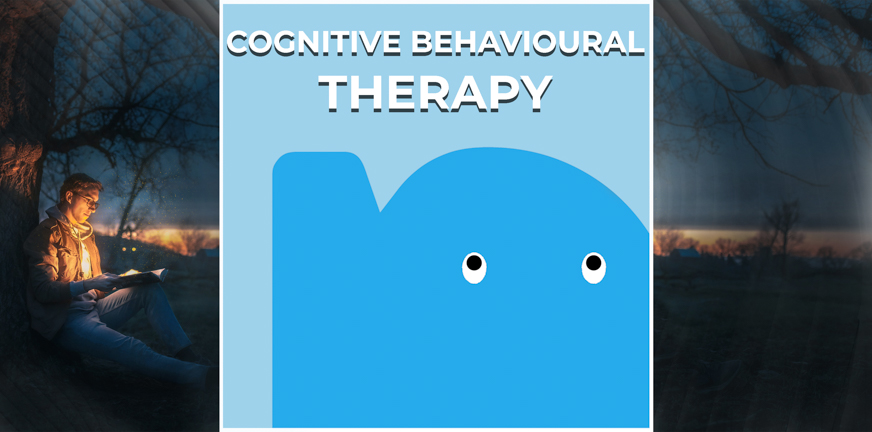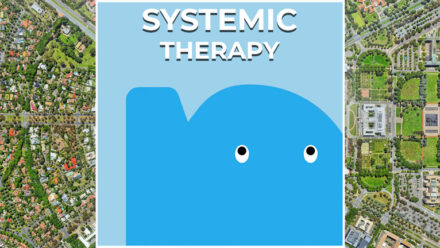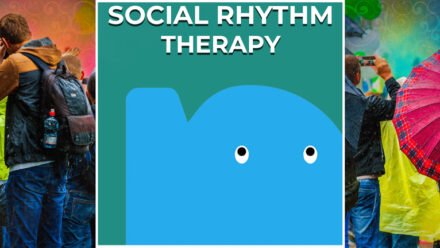
Cognitive behavioural therapy is focused on talking and doing. Talk therapy is added with exercises and behavioural experiments in daily life.
What is cognitive behavioural therapy?
Cognitive behavioural therapy (CBT) originates from behavioural therapy and cognitive therapy. Behavioural therapy focuses on changing the behavioural patterns that are the underlying cause of psychological and emotional problems. With cognitive therapy, the main goal is changing your way of thinking and interpreting. A CBT treatment is typically brief and focused on a specific problem. For instance, on learning to deal with voices or intrusive thoughts, or feelings of depression.
For whom is cognitive behavioural therapy suitable?
CBT currently is the most common type of psychotherapy, and also the one that has been studied the most. CBT can be used for all kinds of problems related to thoughts and feelings. For psychosis as well, CBT can be effective.
Investigating your thoughts and feelings by using the ABC model
A popular method for cognitive behavioural therapy is the ABC model. This technique lets you analyse your own thoughts and feelings systematically. As part of a CGT treatment, you could be asked to write down a number of these schemas, to further discuss them with your therapist.
The ABC model assumes that your emotional responses always have three aspects. The A stands for the Activating Event: the thing that triggers your thoughts and feelings. B stands for your Beliefs: the thoughts and feelings you get from experiencing this event. Part C describes the Consequence: the (negative) feelings or behaviour that follow from your interpretation of the event. The final goal is to understand how these negative consequences are not caused by the activating event (A) itself, but rather by your interpretation (B) of it.
Activating event: What happened, where and with whom?
Beliefs: What thoughts and feelings ensued from it? How did you experience the event?
Consequences: What was your response (or non-response)? And what results followed from your behaviour?




